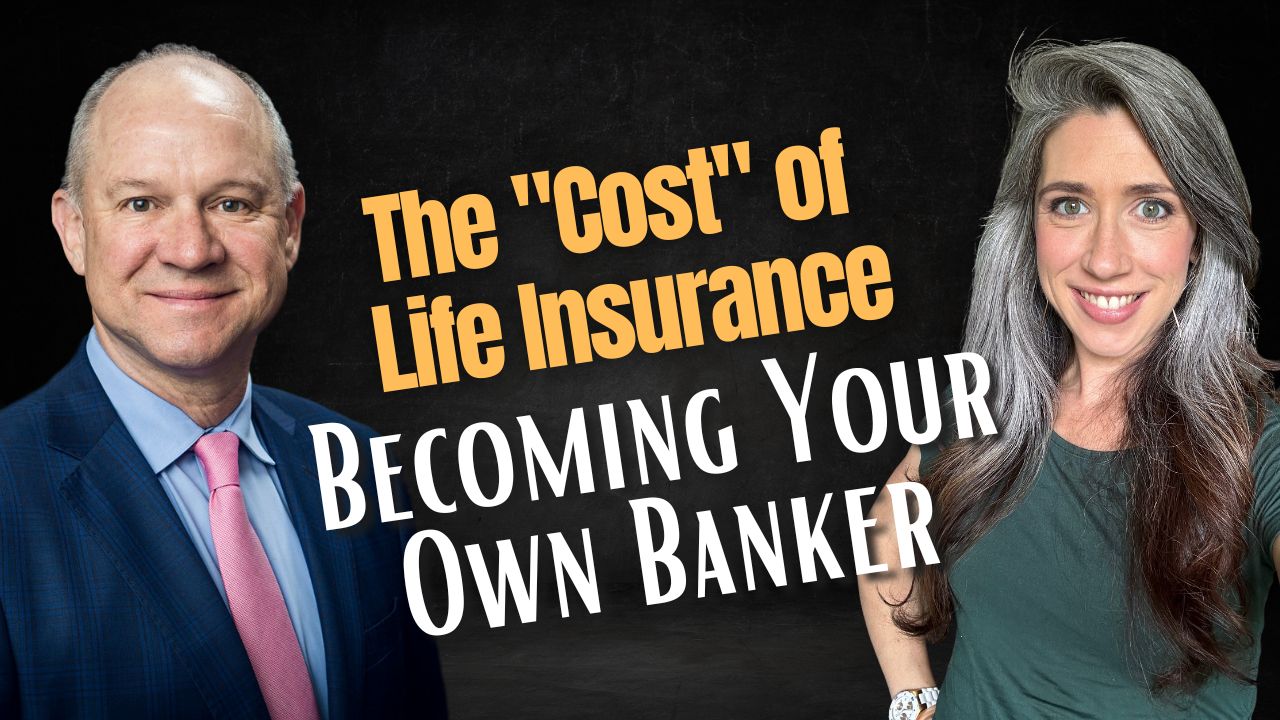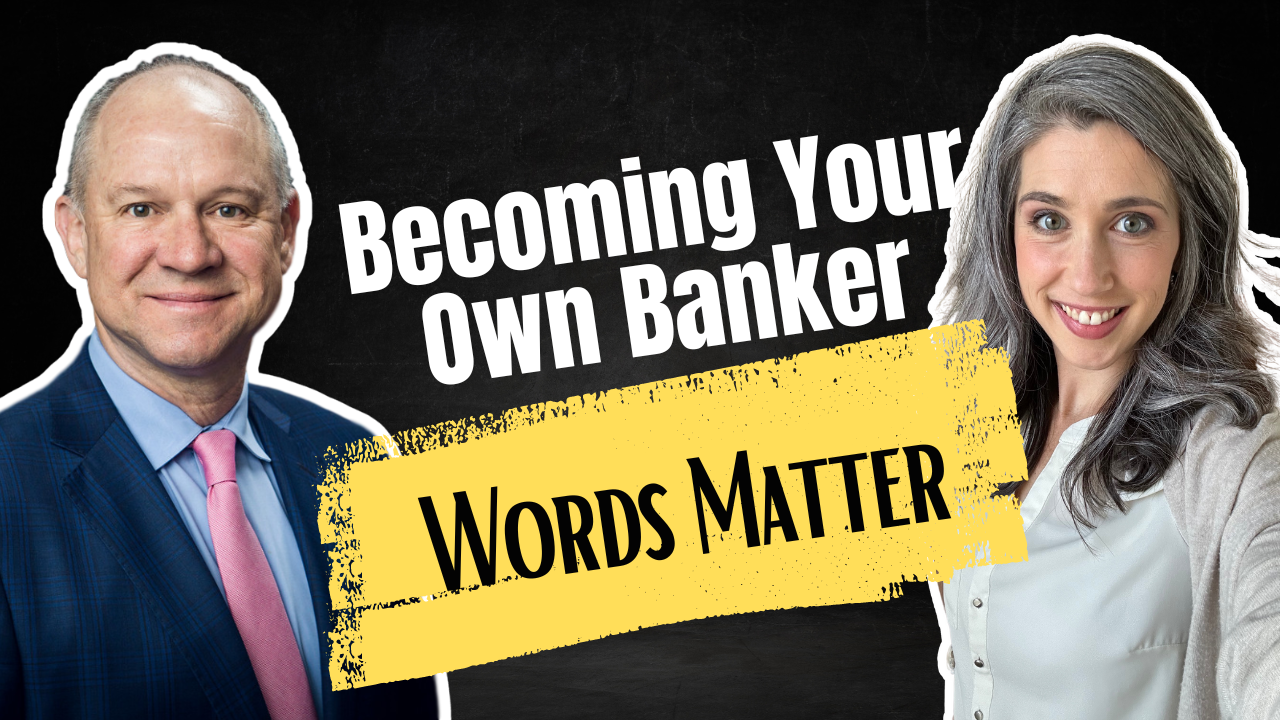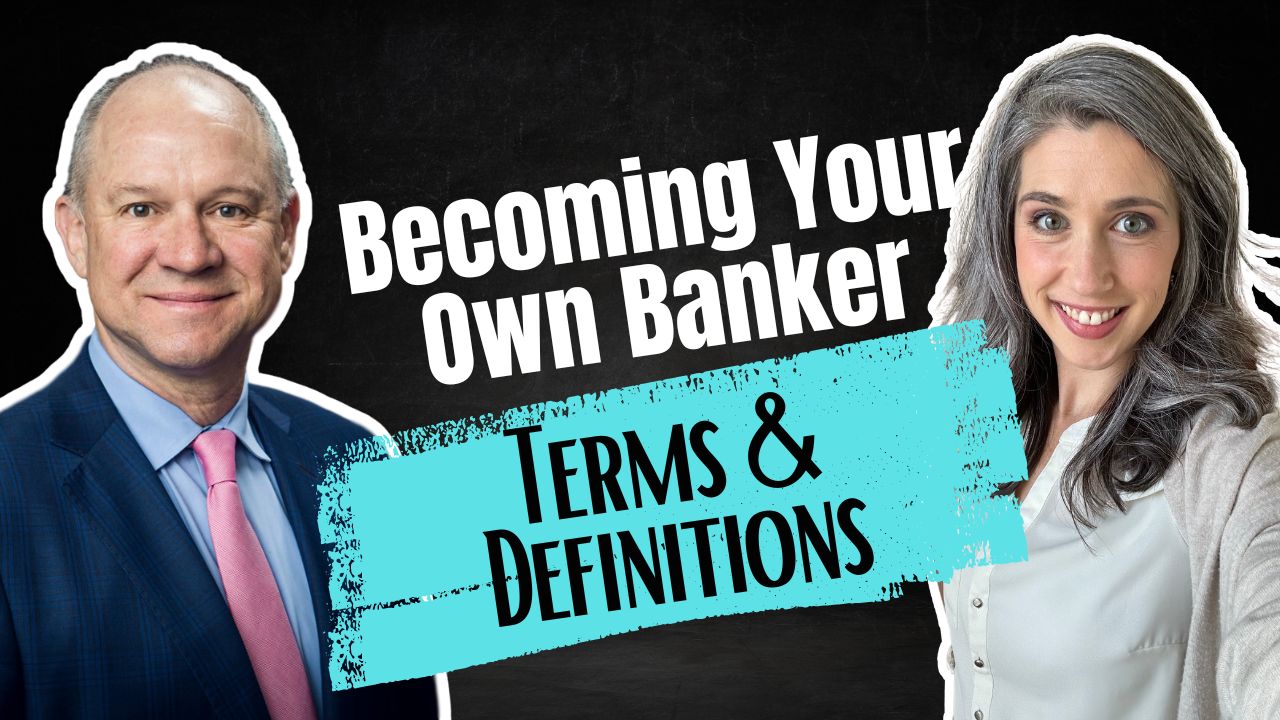
Becoming Your Own Banker, Part 12: Cost of Life Insurance
Get ready to rethink your thinking about the cost of life insurance and, more importantly, the process of Infinite Banking. Our journey leads us to insights from Nelson Nash’s book, giving us a fresh look at how to balance life insurance and the Infinite Banking Concept. We’ll tackle the life insurance company’s pricing strategy and discuss how the process of creating an entity for Infinite Banking works.
Our exploration doesn’t stop there! We delve deeper into the Commissioner Standard Ordinary Mortality Table and its role in life insurance pricing. By examining the thrilling world of actuarial science, we’ll understand how mortality tables are updated using data collected from millions of lives. We’ll discuss how aspects like age, gender, health, and lifestyle habits are considered when setting the price of life insurance.
Furthermore, we’ll delve into why having life insurance beyond the traditional retirement age is crucial and how part-time work can be a significant advantage in this context. Join us for this in-depth discussion and learn more about life insurance, Infinite Banking, and their financial implications!
Podcast: Play in new window | Download (Duration: 1:03:31 — 72.7MB)
Subscribe: Apple Podcasts | Spotify | Android | Pandora | RSS | More
Table of Contents
Creating Your Banking Entity
At the crux of Becoming Your Own Banker, as the title suggests, is that you are going to become your own banker. Not your own bank. Therefore, you need to establish a banking entity outside of yourself. And what Nelson believed to be the ultimate place to do this was whole life insurance. Primarily because the policy loan provision makes it perfectly structured to leverage your capital as bankers do. So if you want to establish your banking entity, you need to buy life insurance.
Life Insurance Underwriting
First and foremost, life insurance, like all insurance, is about mitigating risk. For you, the person buying the insurance, you’re mitigating the risk of not living long enough. If you don’t, the life insurance company will pay money to your loved ones so that they are cared for financially in your absence.
This means that insurance companies need to be cognizant of their customers’ mortality so that they don’t overextend themselves. If companies insured anyone and everyone, they’d quickly go bankrupt paying death claims on people who died too soon. Since death is guaranteed, the insurance company is insuring people who are unlikely to die too soon. That way death claims become manageable because they’re more likely to be accidents or surprises in the early years.
To ensure that policyholders are likely to have a long life ahead of them, insurance companies require underwriting. This includes a health exam and lifestyle questionnaire that companies can use very accurately to predict longevity. You’ll get a rating, which determines your eligibility. The better the rating, the better the premium you can get for your death benefit.
[19:50] “They know how many people of certain health will pass away at certain ages. They do not know who. So [your rating] is in no way the insurance company saying ‘I’m God and I know exactly when your days are numbered and here’s the day that you’re going to pass away.’ They do not know about your life.”
Longevity and Life Insurance
Many people think of retirement and life insurance as related. If you stop working and earning an income at age 65, then you don’t need insurance to protect your income anymore. While this may satisfy some people, the truth is that your need for insurance doesn’t stop at retirement, nor should the retirement benchmark really be 65.
If you live to age 60, your life is likely going to be much longer than you think. That’s because the longer you live, the longer you can expect to live, thanks to actuarial science. And because you can expect to live many more years, you still have a need for insurance, even if you don’t earn an income. Or at the very least, you probably still want it.
That’s because permanent insurance, like whole life insurance, lasts for your whole life. As long as it’s in good standing, you’ll have it until you die (or if you live to age 120, you’ll just get the death benefit). This means you also get the living benefits—like the cash value and policy loan provision. If you have that, why would you want to stop it? It can help you create income solutions, as well as provide for your surviving spouse and/or children. They can even use it to create their own banking entity.
We also want to challenge your idea of retirement. If you knew you were going to live to age 100, would you really want to be unemployed for 40 years? Do you think you could afford to be? Instead, you could find meaningful work, you could invest, or you could offer your services as a mentor in your industry. There are ways to stay involved that will keep you mentally sharp and financially stable.
Buy, Don’t Rent: The Cost of Life Insurance
[47:17] “Why would you want to purchase life insurance for a short time, when you’re least likely to die, only to not have the product around when you’re most likely to pass away? Insurance, in every other case, is insuring an ‘if’ event… Well, life insurance is not an ‘if death happens’ situation. Death will happen to all of us at some point in time.”
Since death is a certainty, you want your insurance premiums to contribute to something real and solid that pays out to your heirs. Buy your insurance by getting a permanent policy, don’t rent it with term insurance. Over the course of your life, the cost of life insurance is far less with whole life insurance than with term insurance.
While life insurance is not an investment product, you ARE investing your dollars into an outcome: the death benefit. The only way for the money you put into the product to pay off is to have permanent whole life insurance.
Book A Strategy Call
Do you want to coordinate your finances so that everything works together to improve your life today, accelerate time and money freedom, and leave the greatest legacy? We can help! Book an Introductory Call with our team today https://themoneyadvantage.com/calendar/, and find out how Privatized Banking, alternative investments, or cash flow strategies can help you accomplish your goals better and faster. That being said, if you want to find out more about how Privatized Banking gives you the most safety, liquidity, and growth… plus boosts your investment returns, and guarantees a legacy, go to https://privatizedbankingsecrets.com/freeguide to learn more.
Becoming Your Own Banker, Part 29: Words Matter
Ever felt like financial jargon was designed to confuse rather than clarify? Join us as we navigate the labyrinth of financial terminology, particularly within the infinite banking sphere. It’s not just about learning by rote; it’s about cementing a rock-solid financial strategy based on clear, precise language. By dissecting common misconceptions, we aim to transform…
Read MoreBecoming Your Own Banker, Part 28: Infinite Banking Definitions
Have you ever felt like you’re on a financial hamster wheel, constantly spinning but never gaining traction? Join us as we unpack the epilogue and glossary of Nelson Nash’s “Becoming Your Own Banker.” It’s a journey through the intricate philosophy of IBC, as we cover Infinite Banking definitions that shows how effective money management can…
Read More


